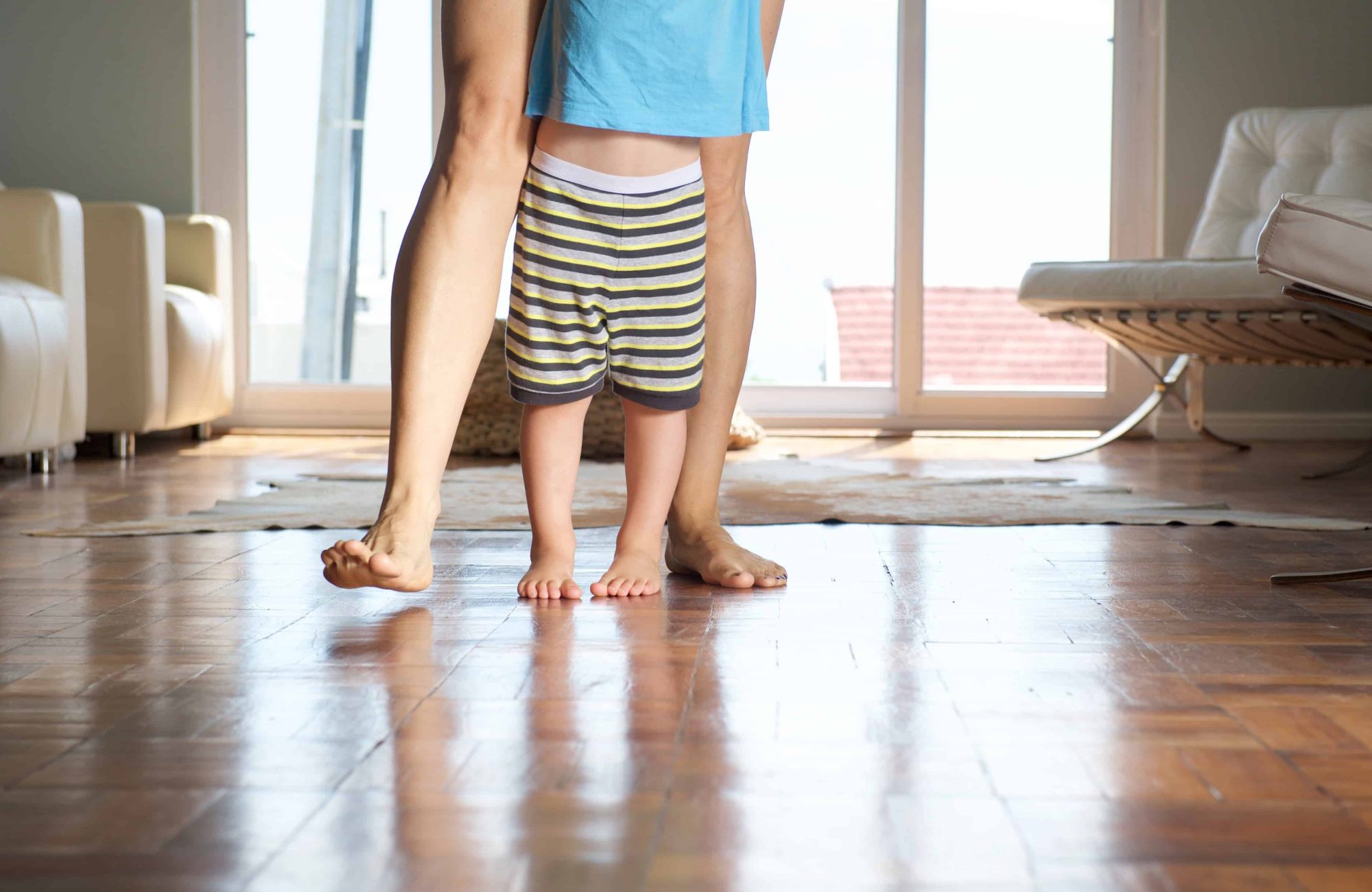Floor buckling is the most extreme reaction to moisture in a hardwood floor.
Wood floor buckling causes.
The grooves rise higher and the peaked areas involve more than one floorboard.
Causes of buckled hardwood floors water damage is the primary cause of buckling.
Or that the siding covered up existing foundation vents under your home.
When it gets wet and moisturized the wood needs to accommodate the moisture.
Excessive job site moisture.
What causes wood floors to buckle.
Failure to install a moisture barrier is another cause.
Causes of buckled hardwood floors.
Buckling occurs when the wood flooring actually pulls up from the subfloor lifting several inches in one or more places.
Beyond improper humidity levels in the crawlspace and basement there are more potential causes for hardwood floor buckling.
Factors that can aggravate wood floor buckling.
What causes buckled wood floors.
The planks may show separation at the joints and the floor become uneven because of buckling.
This can happen when a floor is suddenly flooded with large amounts of water but it can also occur when moisture content builds up over time.
Water damage is usually the reason for buckled floors but mistakes during installation are frequently the cause behind peaks.
Excessive job site moisture a house that was left vacant without ventilation for an extended period wet slab drainage problem leaking roof pipe leaks.
The most common causes of buckling of wooden floors are either due to environmental factors or faulty installation.
Leaking appliances or moisture from a concrete subfloor can buckle your wood floors.
Peaking describes more dramatic grooves in the hardwood.
Buckling is when the hardwood boards expand across their width causing them to lift upward and separate from the subfloor.
This can happen after the wood floor suddenly gets flooded with large amounts of water and when moisture content builds up over time.
Causes of buckling floor.
For instance you cannot be using soap and water to mop hardwood floors because they will cause buckling due to the absorption of moisture.
It s possible that a nonpermeable housewrap was used behind your new siding which is increasing the humidity level in your home.
Hardwood floors buckle when the humidity levels in the lower levels of the house are too high in the crawlspace or basement explains the basement health association in the article negative effects on hardwood floors.
Wood floors need to breathe.
As i mentioned above the only culprit is always moisture caused by.
Hardwood floors are not typically high on maintenance but you must follow proper care instructions in order to ensure longevity.
Fortunately this is not a common occurrence.
If the wood floor was installed on a wet slab.
Moisture primarily is the main cause of buckling.
Moisture build up can start with something as simple as a series of small spills especially if they re not immediately.
There are environmental factors that can cause buckling or it may be because of faulty installation.

